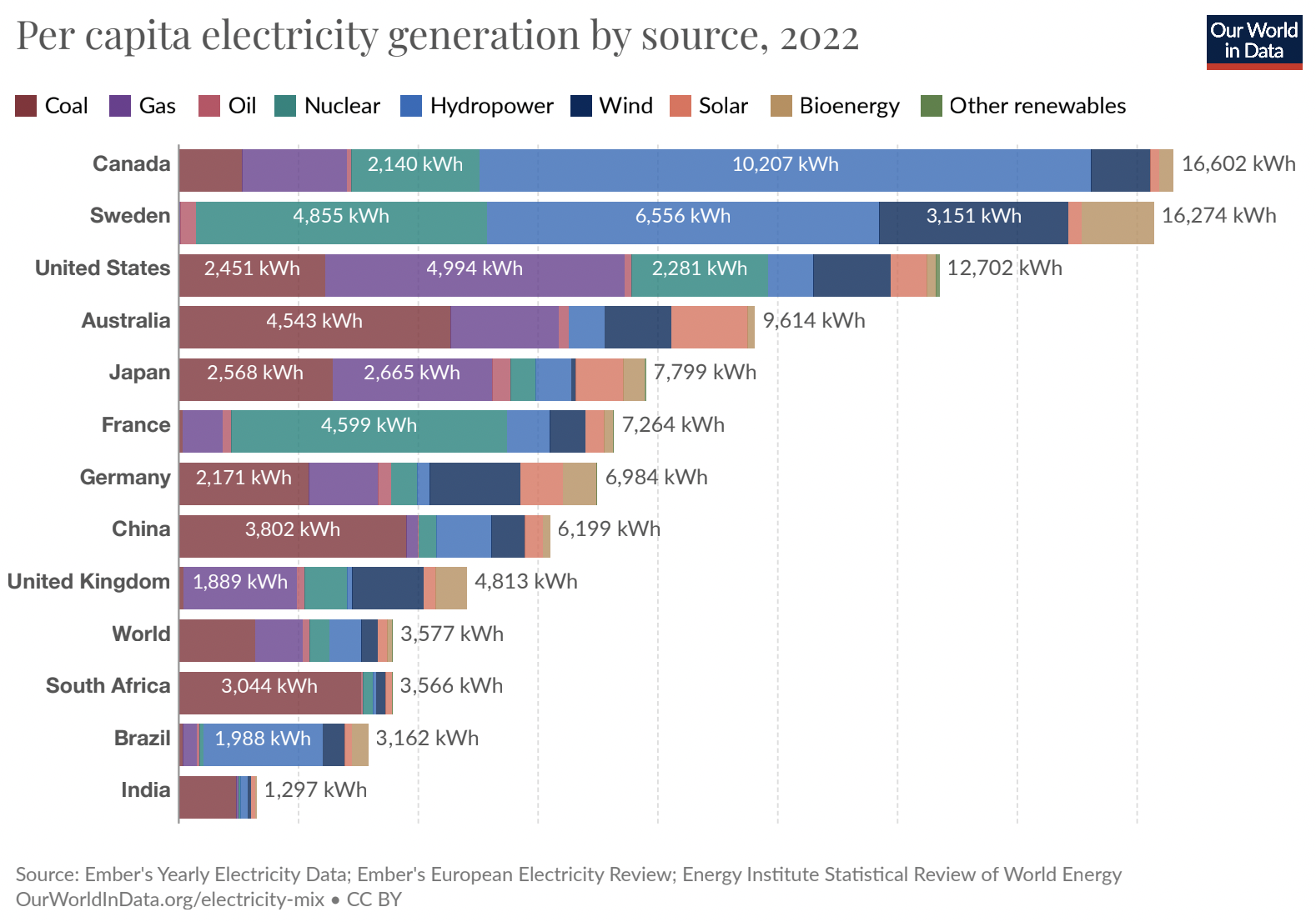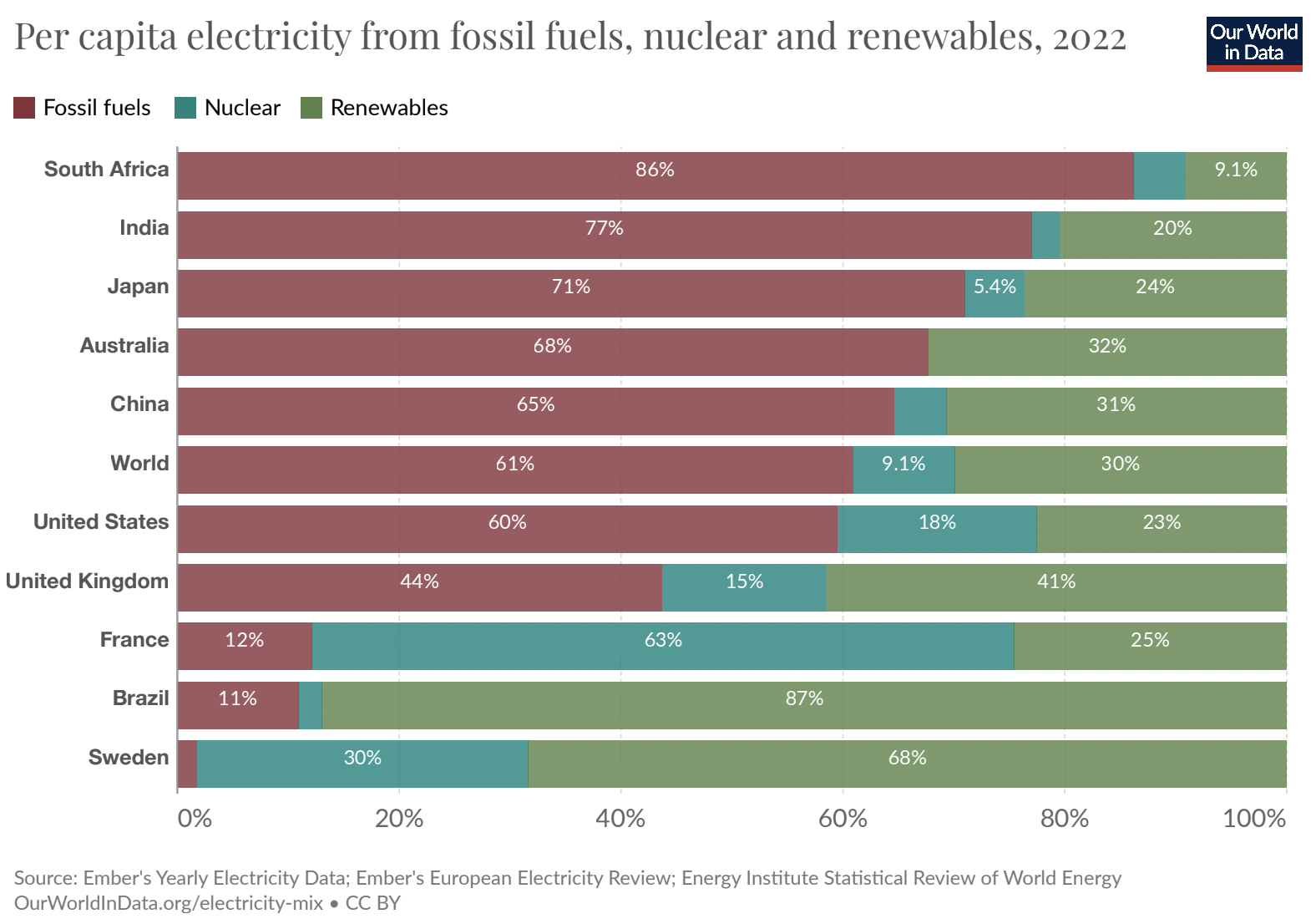
4 minute read
Energy Sector Overview
The State of South African Energy
By Raine St. Claire
A substantial energy crisis has tightened its grip on the country. Government’s foremost priority is the restoration of energy security.
In July of last year, President Ramaphosa presented a clear action plan designed to confront the energy crisis head-on, with the objective of closing the 4 000 to 6 000 megawatt electricity gap. The successful execution of this plan necessitates robust central coordination and swift government intervention.
The Plan Outlines Five Critical Measures To Address The Situation:
Enhancing the operational efficiency of Eskom’s coal-fired power stations and augmenting the current supply capacity.
Streamlining and expediting private investments in electricity generation capacity.
Accelerating the procurement process for new capacity derived from renewable sources, gas, and battery storage.
Encouraging both businesses and residences to invest in rooftop solar solutions.
Instigating a fundamental transformation within the electricity sector to establish enduring energy security.
Enhancing Eskom's Performance:
Ensuring power station reliability.
• Under the leadership of the new board, Eskom will prioritise the reliability of key power stations.
• Resources will be strategically deployed to address contributors to load-shedding.
Addressing Kusile Power Station Issues:
• Urgent construction efforts will be directed towards an interim solution
• Immediate repairs to the collapsed chimney stack will be undertaken, with a focus on restoring the functionality of three units
Rebuilding Skills:
Recruitment initiatives will target skilled personnel to bolster the performance of underperforming stations
Collaboration with the Engineering Council will facilitate the assistance of engineers in station management
Resolving Debt Burden:
The National Treasury will work towards resolving the R400 billion debt issue, ensuring funds are allocated for maintenance and transmission
Stabilising Diesel Funding and Excess Power Purchase:
Government backing will secure the necessary diesel resources, leading to reduced instances of load-shedding
Eskom’s purchase of power from private generators has already secured 300 MW.
Combating Corruption and Theft:
Dedicated task force within the South African Police will be formed to combat corruption and theft
Restructuring Eskom:
Ongoing restructuring efforts for Eskom are in progress
The emergence of a National Transmission Company with an independent board is underway
The Electricity Regulation Amendment Bill aims to establish a competitive market
Harnessing Solar Power:
The rollout of rooftop solar panels is proceeding as planned.
Tax incentives have been introduced to encourage solar panel adoption among households and businesses.
Adjustments have been made to the Bounce-back Loan Scheme to accommodate small business solar investments.
Expanding New Electricity Capacity:
Private developers are now authorised to engage in electricity generation projects.
Over 100 projects with a projected capacity exceeding 9,000 MW are in the pipeline.
The delivery of 2,800 MW through renewable energy projects is imminent.
Eskom will secure emergency power procurement to bridge the immediate capacity gap.
Investment In Transmission And Substations
The establishment of new transmission lines and substations is in progress across Eastern Cape, Northern Cape, and Western Cape.
This initiative will lead to a substantial power increase within the grid within the next 12-18 months.
The resulting energy mix will encompass coal, solar, wind, gas, nuclear, hydro, and battery storage.
The Just Energy Transition Investment Plan (JET IP):
Through the JET-IP, an investment of R1.5 trillion is earmarked for the economy over the next five years, specifically targeting new frontiers such as renewable energy, green hydrogen, and electric vehicles. Emerging sectors, including major green hydrogen, electric vehicles, and fuel cells, are poised to reshape the economy.
The JET IP funding requirements per sector, 2023 - 2027:

IPG funding to South Africa JET IP and allocation across sectors
Majority funding in concessional loans and infrastructure construction taking the lion’s share of the funding.













